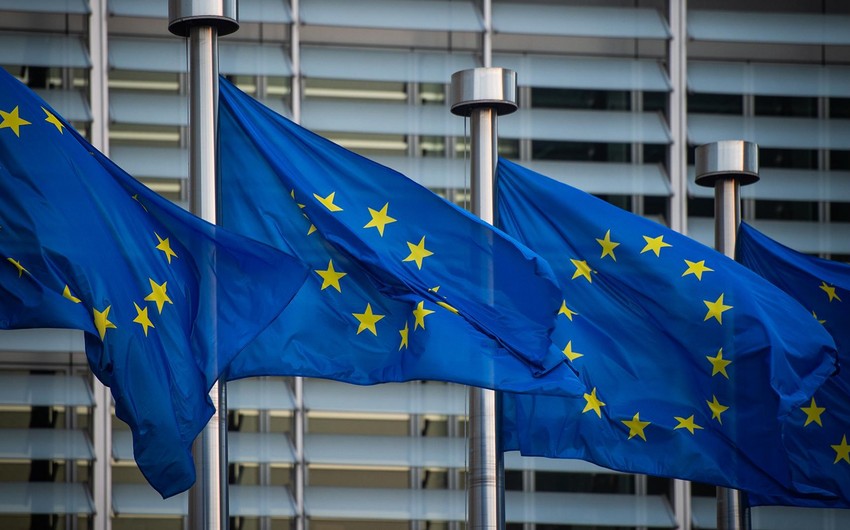The European Union and Azerbaijan will continue to strengthen cooperation on energy policy with a key focus on developing renewable energy sources and improving energy efficiency ahead of the 29th session of the Conference of the Parties to the UN Framework Convention on Climate Change (COP29), and the Azerbaijani presidency will be key to joining efforts to further reducing emissions, Tim McPhie, Spokesperson for Climate Action and Energy at European Commission, told Report.
According to him, COP29 will be the first stage of assessing the implementation of the commitments made by the parties at last year's session - COP28 in Dubai, to triple the capacity of renewable energy sources and double energy efficiency.
"It will be important to showcase progress in this area from countries around the world, including our hosts, and to build momentum for further action," he said.
McPhie said they expect Azerbaijan's Presidency to play an important role in bringing parties together to continue momentum on emissions reductions.
"The number one priority to tackle climate change is for all parties to reduce their greenhouse gas emissions, and to adopt Nationally Determined Contributions which are aligned with the Paris Agreement. Baku will be an important stepping stone towards the submission next year of new NDCs, looking beyond 2030. COP29 will also be important for discussion and decisions about future climate finance," he said.
McPhie noted that the COP sessions are a crucial tool for advancing work on tackling climate change through global action.
"They have become increasingly important in recent years, as climate action becomes more urgent and we experience the harmful effects of climate change around the world. The Paris Agreement has set a clear framework for cooperation between Parties, and targets which almost 200 countries have committed to, to limit global temperature change to 1.5C. It is increasingly clear what the economic costs of climate change are, and the fact that it makes more economic sense to take action now, rather than trying to respond to catastrophes later. A study published this week suggests that inaction could cost us 20% of global income in the coming 25 years, and that the costs of inaction are six times higher than the cost of investing in the green transition," he said.
He also reminded that the EU and Azerbaijan have already signed a Memorandum of Understanding which includes the topic of renewable energy.
"Azerbaijan has a tremendous potential, in particular in offshore wind and green hydrogen. We are confident that Azerbaijan will evolve from being a fossil fuel supplier to Europe, to becoming a very reliable and prominent renewable energy partner in the future. The Commission has worked to facilitate a Memorandum of Understanding on wind energy cooperation between the Azeri Renewable Energy Agency and the European industry association WindEurope. In March, the Energy Commissioner witnessed the signature of the agreement, which will pave the way for European renewable energy companies to tap the huge wind power potential of Azerbaijan," he said.
McPhie noted that the cooperation between Azerbaijan and EU on gas "has to be consistent with our responsibilities on climate."
"This includes, for example, the emissions of methane, where we have made joint commitments to reduce methane emissions throughout the entire gas supply chain," he said.


 https://static.report.az/photo/c626d306-2abc-3546-9692-08dd490c3569.jpg
https://static.report.az/photo/c626d306-2abc-3546-9692-08dd490c3569.jpg

